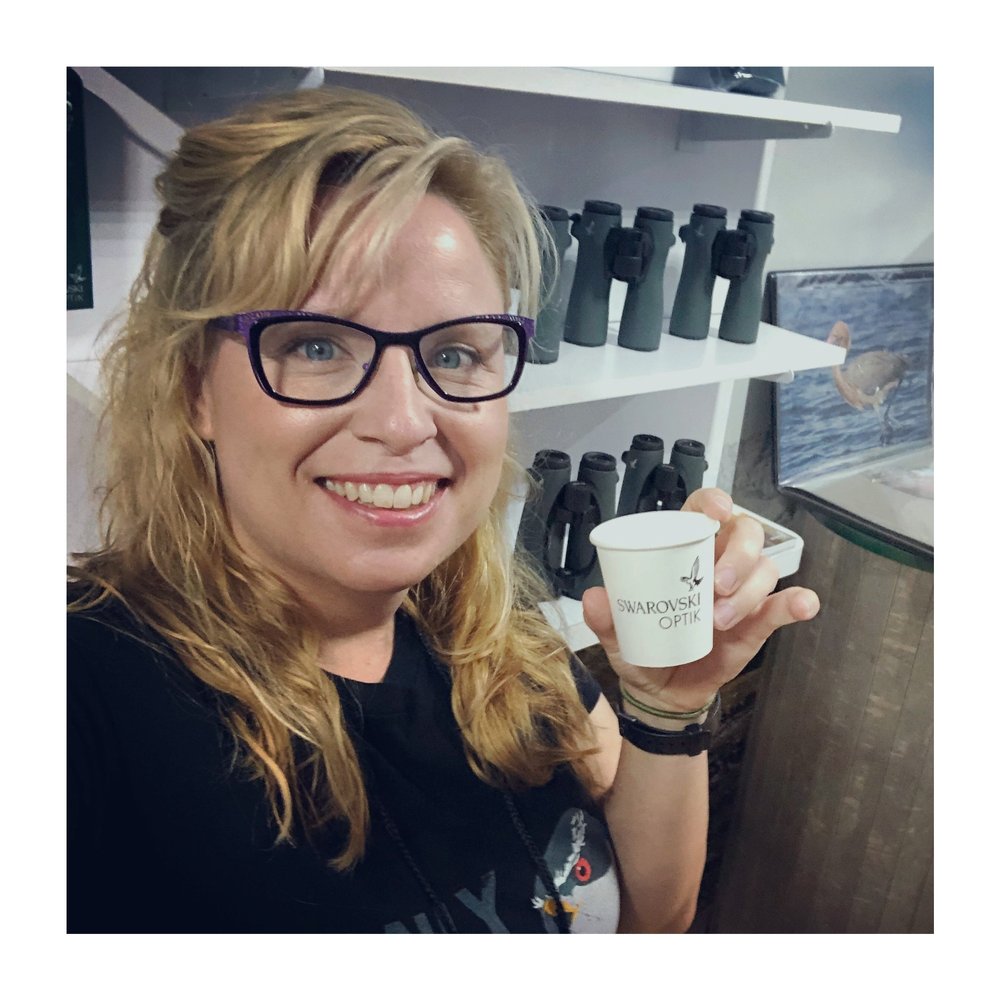Here's an exerpt from a story in the Minneapolis Star Tribune:
DULUTH, Minn. — The state that brought Rapalas and Lindy Rigs to the fishing industry is on the forefront of another trend. This time, some Minnesota fishing tackle companies are encouraging a switch from lead jigs and sinkers to new tackle that may be safer for birds, fish and other wildlife.
Kevin McDonald, head fishing tackle education coordinator for the Minnesota Office of Environmental Assistance, said the use of new tackle could create jobs in Minnesota.
"We're really glad to see Minnesota companies diving into this now. Minnesota is the center of the fishing industry universe,'' McDonald said. "And we didn't want to see our companies turn into dinosaurs.''
Lead still accounts for the majority of the sinkers and jigs sold. According to a 2001 U.S. Census Bureau report, about $342 million is spent annually on jigs, hooks and sinkers, while $19 billion is spent on all fishing tackle.
Minnesotans spend about $17 million annually on hooks, sinkers and jigs. The Minnesota Office of Environmental Assistance estimates about $8.5 million is spent on lead tackle in Minnesota each year.
White Bear Lake-based Water Gremlin, the nation's biggest maker of lead sinkers, has added a new line of bismuth sinkers. Bemidji-based Northland Fishing Tackle, a premier maker of lead live-bait jigs, has added the Nature Jig line of nontoxic bismuth sinkers to its product line.
Two years ago, some Minnesota lawmakers and environmental groups proposed banning small lead tackle because studies show it can kill loons and other birds. But leaders of Minnesota's fishing industry said there wasn't enough information on loon mortality to support the ban.
The legislation failed in 2003 and hasn't advanced since. Still, the tackle industry is changing.
Without legislative action, Minnesota has instead used education to convince anglers to switch away from lead, including offering free samples of nontoxic tackle.
The Minnesota Office of Environmental Assistance is once again sponsoring fish tackle exchanges. Anglers can bring their small lead tackle to designated sites and they will receive samples of unleaded tackle.
You can learn more about it at Get The Lead Out.
